Carrying large suitcases and bags of belongings, Sudanese families have begun to return home after fleeing to Egypt following the civil war that broke out in their country in April 2023.
Life for Sudanese refugees in Egypt has often been difficult due to economic woes, but it has also provided a place for them to live for the last couple of years after conflict broke out in Sudan in April 2023. To make matters worse for many of the Sudanese who sought sanctuary in Sudan's neighboring countries, like Egpyt, the value of the Sudanese pound has been deteriorating too, making it more difficult for them to pay for the things they need.
With this as a background, and following a period of relative calm in Khartoum, the Sudanese capital, more and more displaced Sudanese are beginning to think returning home from Egypt might be a good idea.
In recent months, the Sudanese Armed Forces have regained territory from the Rapid Support Forces (RSF) paramilitary groups in Khartoum and the surrounding area, making a return home more feasible.
Read AlsoSudan facing worst displacement crisis in the world says UNHCR
A difficult choice
The choice is difficult though, many Sudanese have been asking themselves the question, should they and are they able to continue their lives in Egypt, with all its economic problems, and their own declining currency, or might it be worth returning to their country, despite conflict continuing in some areas?
Some of those who decided to return home were among the families who boarded a free train to the southern Egyptian city of Aswan, from where they prepared to take buses to the Sudanese capital, Khartoum.
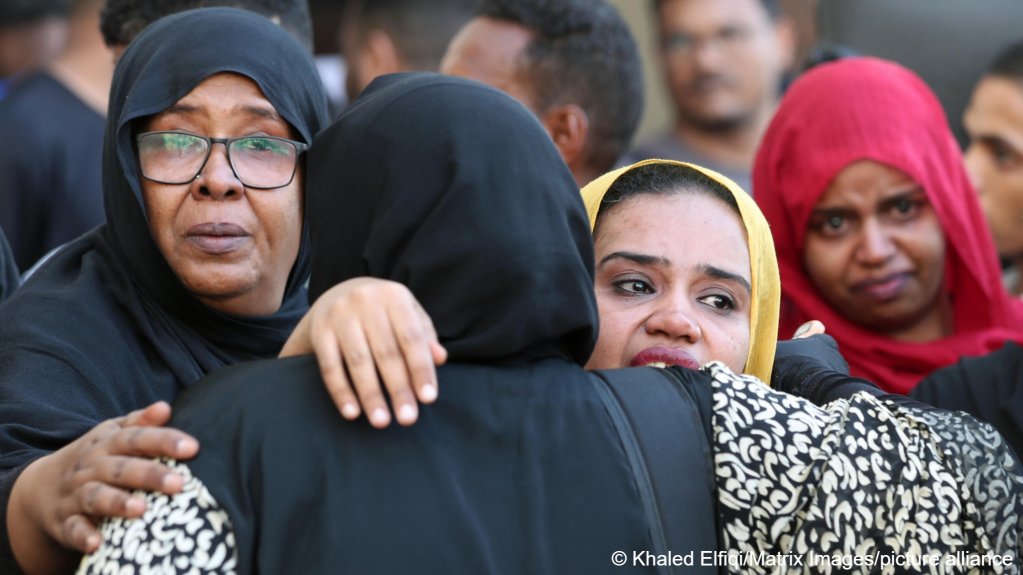
The transport was offered for free as part of a voluntary return program. The program is a collaboration between state-owned Egyptian National Railways and Sudan's state-owned arms company, Defence Industries System, which is covering the full cost of the journey, including tickets and onward bus travel from Egypt's southern city of Aswan to the Sudanese capital.
Returning Sudanese refugees in Egypt expressed mixed feelings. Some expressed joy at an anticipated reunion with family members who remained in Sudan, but others were worried about the journey ahead and the conditions they might find when they arrived.
Most said their decision to return was not easy, but largely driven by the harsh economic circumstances they had encountered in Egypt.
Read AlsoAfter 2 years of war, Sudan no closer to peace
High costs
"The feeling of returning home is indescribable, but unfortunately, there is no support, neither material nor moral," Yasser Ali, a Sudanese refugee, told InfoMigrants. "We only rely on Allah," he added.
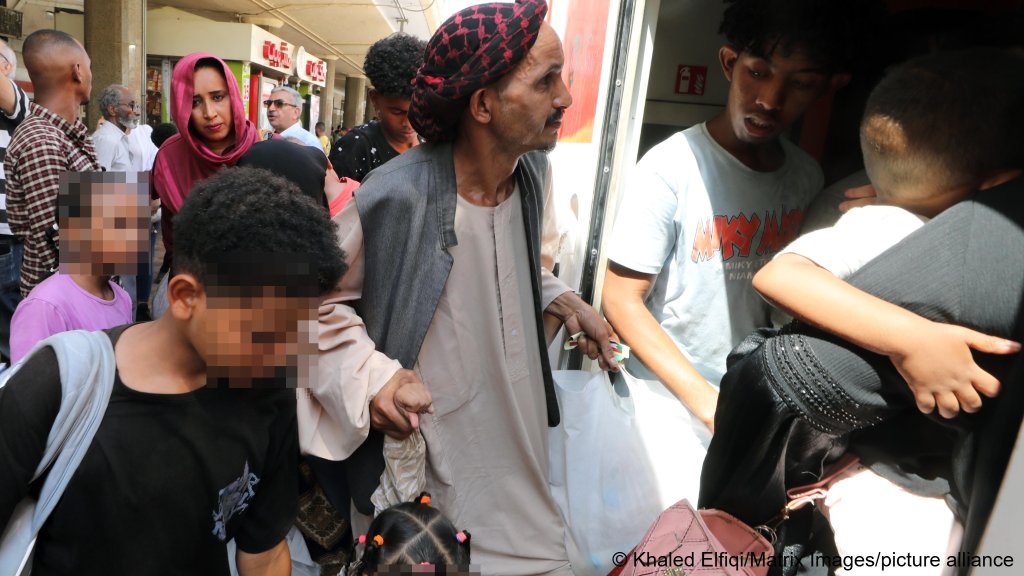
Ali, who has been residing in Egypt for more than two years, added that his decision to return was not spur of the moment, but had been delayed due to the harsh economic conditions under which he was living.
He said transportation tickets skyrocketed to between 4,500 and 5,000 Egyptian pounds (between 80 and 90 euros), adding that most refugees cannot afford this price.
For female refugee Reda, though, a return home is being seen in a more positive light.
Read AlsoMigrants the focus of 'Khartoum Process' meeting in Cairo
Hopes and positivity
Reda, who moved to Egypt at the outbreak of war, said: "The number of returnees is increasing daily, as buses depart continuously from Cairo."
She added, "the voluntary programs are really popular, and they are being supported by businessmen and charitable organizations. Khartoum has become safer and more stable, and services are gradually returning, although some universities remain closed. The process of stability and development appears to be progressing well."
The war, triggered by a dispute over a transition to civilian rule between the army and the RSF, has displaced over 12 million people and pushed half the population into acute hunger, according to the United Nations.
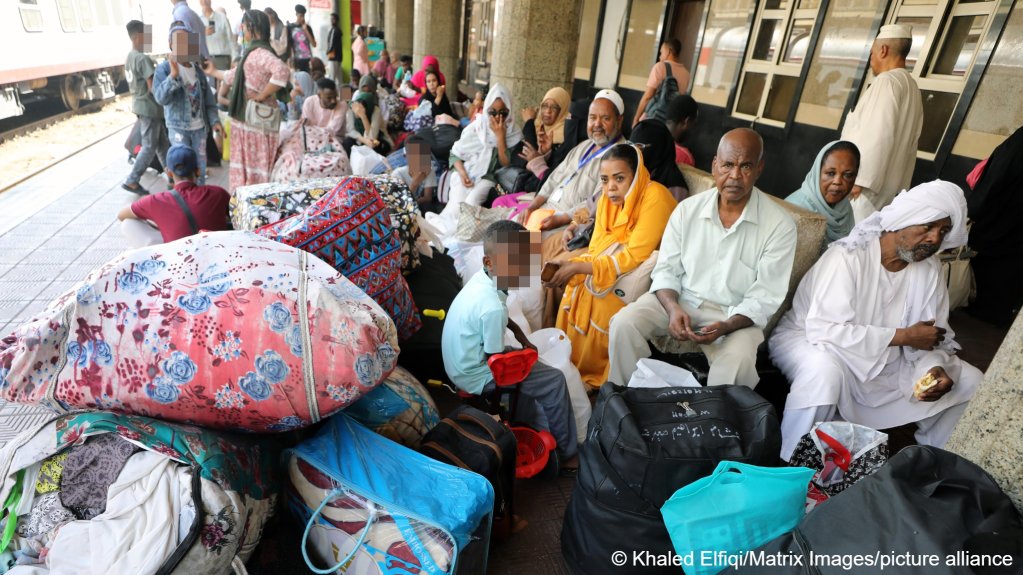
Over 4 million Sudanese fled to neighboring countries — including more than 1.5 million to Egypt --after war broke out between the army and the RSF in April 2023, according to figures from the UN Migration Agency (IOM).
Since the start of this year, over 190,000 people have crossed the border from Egypt back into Sudan, more than five times the number who returned in all of 2024, an IOM report said earlier this month.
Some Sudanese in Egypt have complained of difficulty finding jobs and discrimination, and Egypt has deported thousands of refugees it says entered illegally. Thousands of others have fled onwards to Libya.
Read AlsoSudanese war refugees recount Libya horrors
Voluntary return efforts
Umaima Abdullah is one of the leading members of the Sudanese community helping to organize weekly trains from Cairo to assist her co-nationals in returning home voluntarily.
As head of the Voluntary Return Committee for Sudanese Refugees from Egypt, Umaima Abdullah spoke about the work they have been doing.
She told InfoMigrants that the voluntary return project was launched last April under the auspices of Sudan's transitional sovereign council.
"The return of citizens to the states of Atbara, Madani, and Al-Jazirah, as well as Bahri and Omdurman, was organized as part of an effort to facilitate safe and dignified return," Abdullah said.
She added that in this second phase, returnees recently began using trains, in coordination with the Egyptian government. Since last April, approximately 1,100 Sudanese have left Egypt as part of this initiative.
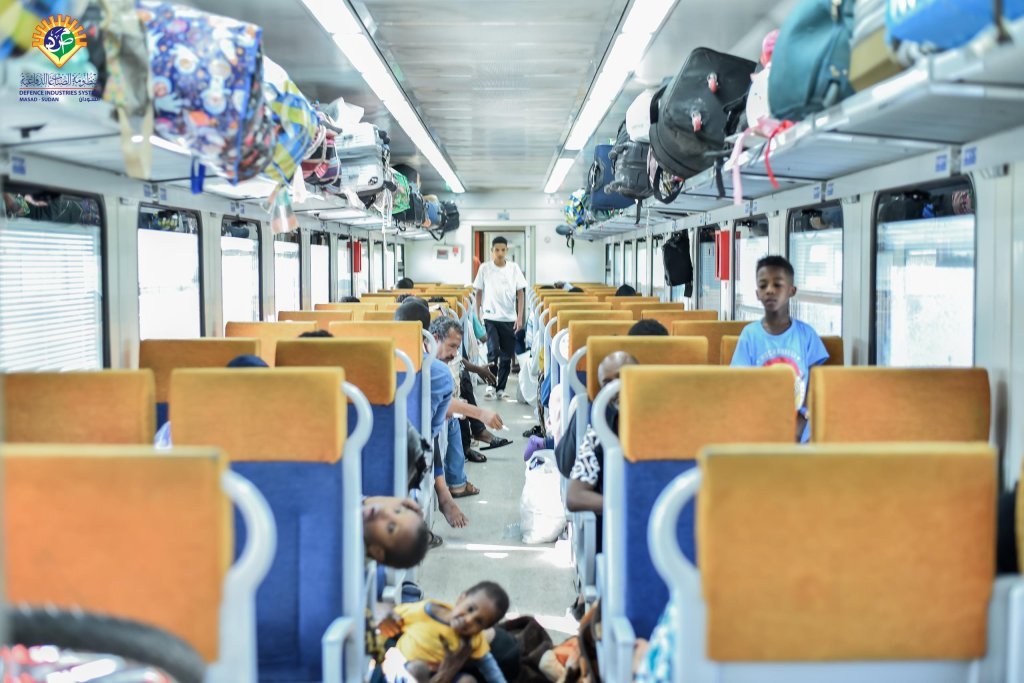
Abdullah explained that the return train transports approximately 1,000 Sudanese every Monday from Cairo’s main railway station.
She said some Egyptians even offer passengers meals and help facilitate the journey. Abdullah would have liked even more cooperation with the United Nations, but for now the voluntary return program remains relatively small scale.
"Any coordination with the United Nations would have enhanced support further," she told InfoMigrants.
Read Also'Sudan is trapped in a nightmare' – extreme violence drives record refugee exodus, UN says
Global neglect and refugee voices
Refugee Reda feels that much of the outside world has ignored the plight of Sudanese refugees, and this is further reflected in the comparitive lack of help for them now they want to return home.
"The painful thing is that the world does not understand our true reality. We have suffered displacement, oppression, and poverty, and some still view us as if we live in a country plagued by wars and disasters," she said.
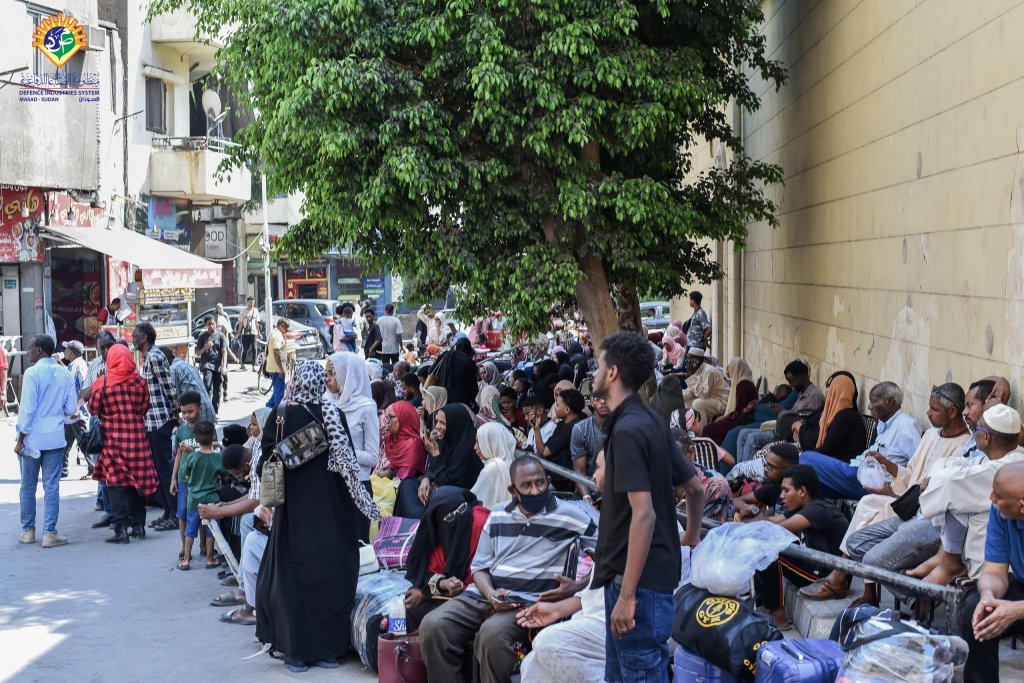
She added, "the return of refugees is a decision not driven by politics, but rather by fatigue, longing, and a desire to usher in a new life. Everyone is filled with joy at returning home, and everyone is optimistic about a better future in Sudan."
Read AlsoUN agency – More fleeing Sudan war to Libya
Difficult conditions in Egypt
But not everyone sees things as positively. Fellow returnee, Yasser Ali told InfoMigrants that most were returning precisely "because the situation in Egypt was not good." At the end of the day, Ali admits, "most of us lacked the financial means to make ends meet."
He added, “We're not saying we didn't have anything, but the situation was very difficult in terms of rent, food, and drink. Those who were financially well-off and received remittances from their relatives abroad could stay, but those whose circumstances were difficult, like me, are hoping to return and try to cope with the reality back home instead."
Due to the worsening global humanitarian funding crisis, the UN High Commissioner for Refugees (UNHCR) was forced to reduce its support for refugees and asylum seekers in Egypt, leaving tens of thousands, including a large number of Sudanese, facing increasingly difficult living conditions.
Read AlsoSudanese factions accused of weaponizing hunger as ceasefire talks drag on
Voluntary and dignified return
Lawyer and refugee expert Ashraf Milad told InfoMigrants that the exact number of Sudanese refugees in Egypt is unknown due to the lack of official statistics.
However, he estimated the number at approximately 1.3 million, noting that approximately 300,000 of them entered the country via smuggling services working across the border.
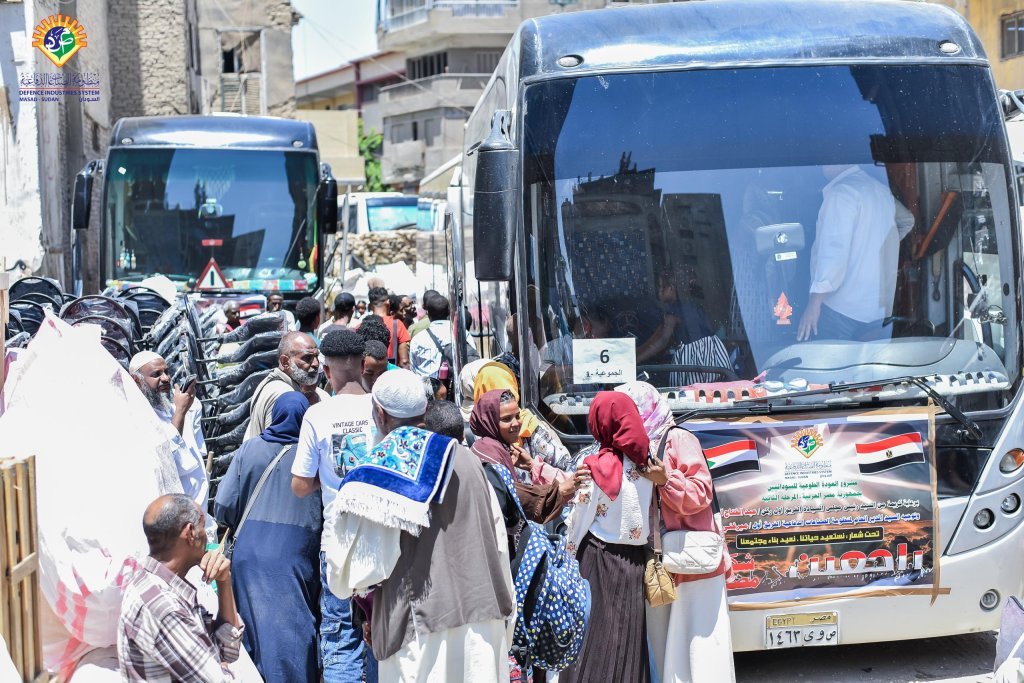
He emphasized that the situation in Khartoum remains unstable, calling for coordination with the countries of origin to ensure a safe and dignified return.
"These countries must ensure the return is voluntary and that no refugee should be forced to return," he added.
This article was translated and edited from Arabic by Mohamed Farhan
Read AlsoEgypt: Sudanese fear deportation following new regularization law
